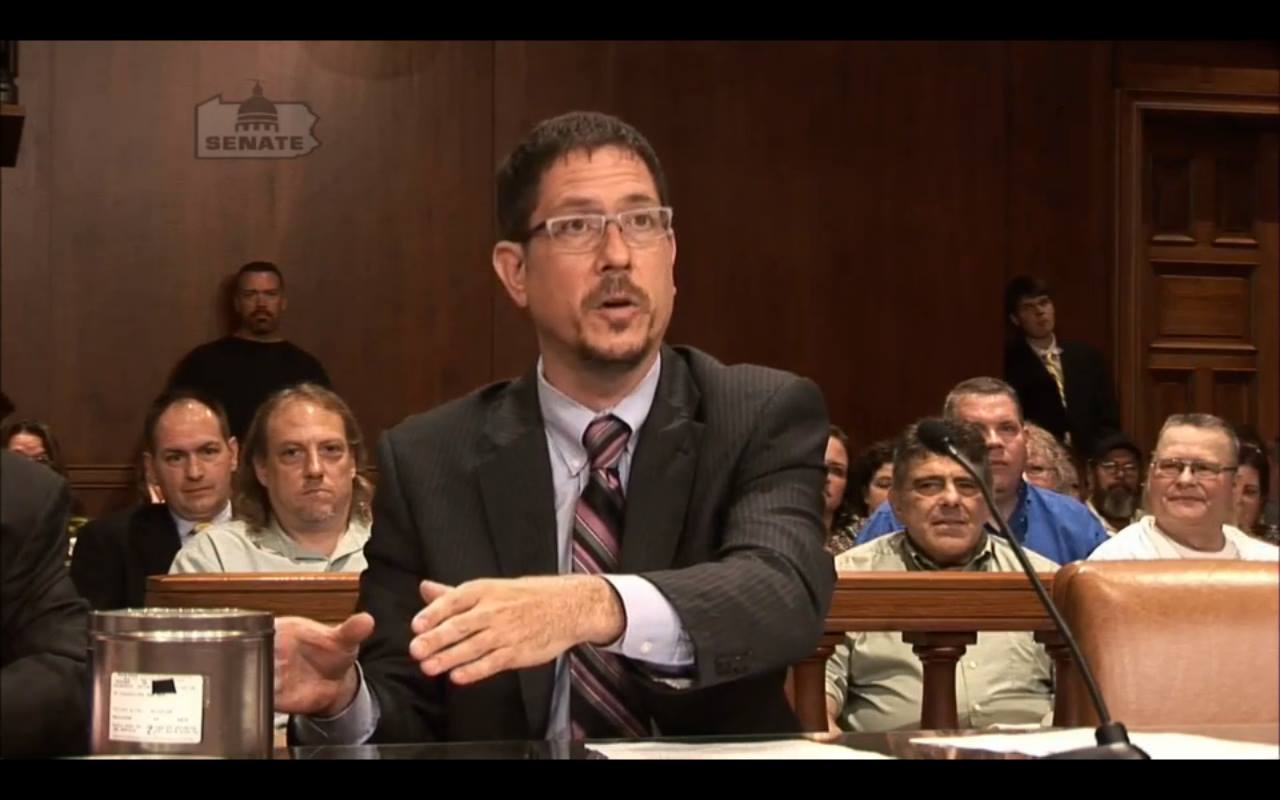Debunking the Refine of Federal Appeals: What You Required to Know
Navigating the complex realm of federal appeals can typically look like traversing undiscovered waters for those not familiar with the procedure. Recognizing the nuances of appellate court territory, the complexities of submitting a notification of appeal, presenting a compelling quick, and making a persuasive oral debate are crucial components that can dramatically impact the result of an instance. By unraveling the layers of complexity bordering federal allures, people can get a clearer insight into the devices that control this vital stage of the lawful system.
Understanding Federal Appeals Process
Looking into the elaborate realm of the federal allures procedure unveils a structured and systematic journey with the judicial system - best federal appeals attorneys virginia. Federal appeals work as a vital device for assessing choices made by lower courts. Understanding this procedure is important for anyone associated with lawful process at the government degree
The process normally begins with a party disappointed with a reduced court's judgment submitting a notice of appeal. This causes an evaluation by a greater court, where a panel of courts examines the lawful disagreements provided by both celebrations. Briefs describing the legal thinking behind each event's position are sent, and oral disagreements may be heard to clear up complicated problems.
The appellate court's choice is based upon an extensive examination of the lower court's proceedings and the arguments offered. The courts do not reconsider facts however concentrate on whether lawful mistakes occurred that affected the reduced court's choice. As soon as the appellate court gets to a decision, it can verify, reverse, remand, or customize the reduced court's ruling, supplying quality and finality to the lawful dispute. Recognizing this process is essential for navigating the complexities of government appeals efficiently.
Appellate Court Territory Discussed

Appellate courts have territory over particular kinds of situations, typically those including lawful errors, step-by-step concerns, or concerns of regulation as opposed to accurate conflicts. The jurisdiction of appellate courts is normally laid out in statutes and legislations that control the court system. Comprehending appellate court jurisdiction is important for events associated with the allures procedure as it identifies whether a situation is eligible for testimonial and the level to which the appellate court can interfere in the lower court's choice.
Filing a Notification of Appeal
The first step in commencing the federal allures process includes filing a Notification of Appeal with the suitable appellate court. best federal appeal lawyer minnesota. This important record formally alerts the court and the other celebrations included in the instance that the appealing celebration plans to seek a review of the reduced court's decision. Submitting a Notice of Allure is a stringent step-by-step requirement that establishes the appellate procedure moving
When preparing the Notice of Appeal, it is necessary to make sure conformity with the certain rules and standards of the pertinent best federal appeals attorneys pennsylvania appellate court. The file has to normally include details such as the case name, the lower court's name, the date of the judgment being appealed, and a concise statement suggesting the grounds for the allure.
Timeliness is essential when submitting a Notification of Charm. Missing out on the deadline for submitting this document can result in the allure being rejected, underscoring the importance of punctual and accurate initiation of the allures process. It is a good idea to seek legal assistance to browse the complexities of filing a Notification of Appeal efficiently.
Rundown and Dental Debate
In the appellate procedure, presenting written briefs and taking part in dental debates play crucial roles in promoting for the appealing celebration's placement before the appellate court. Briefs are extensive legal papers that lay out the parties' arguments, legal authorities, and analysis sustaining their settings. These created entries provide the court with a comprehensive understanding of the truths of the case, the relevant legislation, and why the appealing celebration thinks the reduced court's decision should be overturned.
Complying with the submission and evaluation of the briefs, oral arguments offer the parties an opportunity to further clarify their positions, deal with any questions the appellate courts might have, and emphasize bottom lines from their written briefs. Oral debates are an opportunity for the lawyers to convince the courts with verbal advocacy and responses to queries from the bench.

Receiving the Appellate Court Choice

Verdict
In final thought, the federal allures process is a complicated yet critical action in seeking justice. Recognizing the appellate court jurisdiction, submitting a notice of allure, preparing briefs, and providing dental disagreements are all vital parts of this process. Inevitably, receiving the appellate court choice can offer quality and resolution to legal disagreements. It is necessary to browse the federal appeals procedure with diligence and interest to information to attain a fair result.
As we advance from recognizing the government appeals procedure to dissecting the complexities of appellate court territory, a basic aspect comes to light concerning the authority and limitations of these higher courts in the legal landscape. Appellate court jurisdiction refers to the range of situations that a specific appellate court has the power to determine and evaluate upon. Unlike trial courts that hear cases for the first time, appellate courts are limited to assessing choices made by lower courts. Understanding appellate court jurisdiction is vital for events entailed in the appeals process as it identifies whether a situation is qualified for testimonial and the level to which the appellate court can interfere in the lower court's choice.
Whether the appellate court attests, turns around, or remands the lower court's decision, understanding the effects of the judgment is critical for all parties involved in the appellate process.
Comments on “Federal Crime Lawyer: Safeguarding Your Legal Rights Versus Serious Federal Charges”